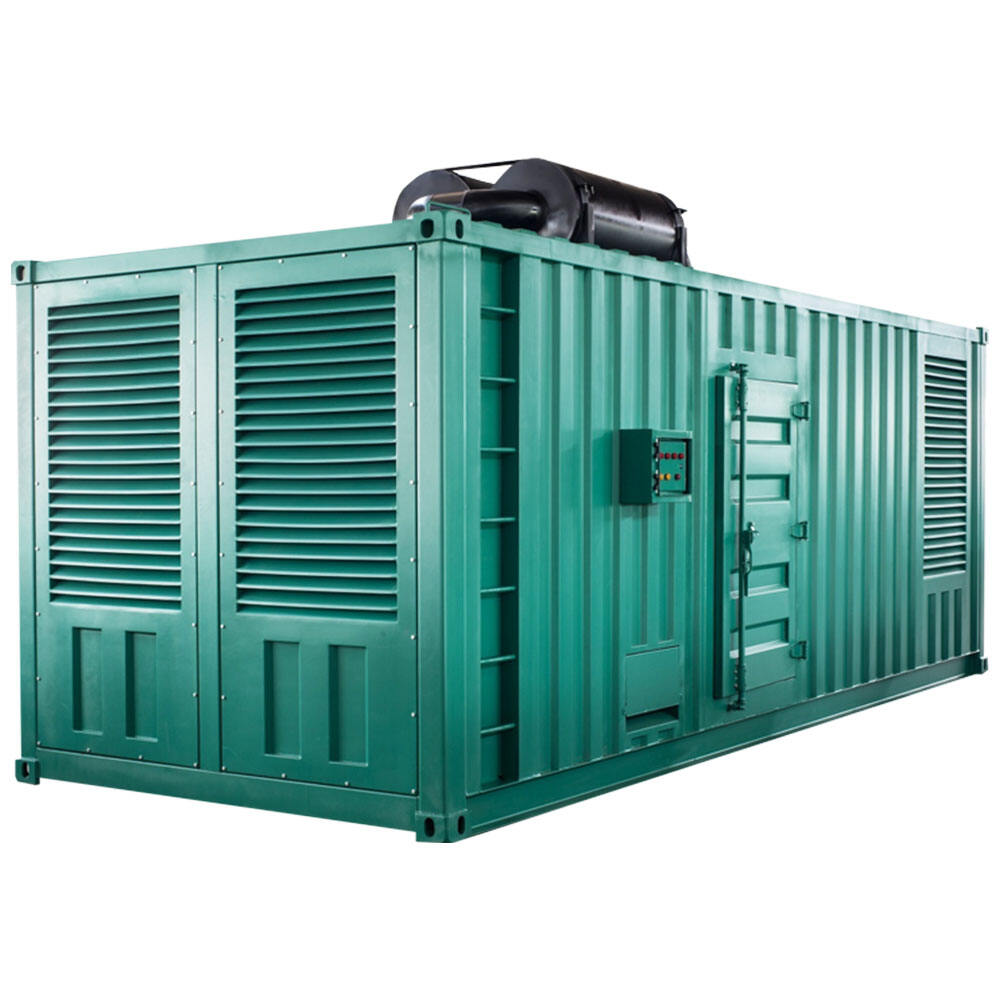
การเดินเครื่องปั่นไฟดีเซลจำเป็นต้องมีมาตรการความปลอดภัยอย่างครอบคลุม เพื่อปกป้องบุคลากรและอุปกรณ์ พร้อมทั้งรับประกันประสิทธิภาพในการทำงานสูงสุด ระบบจ่ายพลังงานที่ทนทานเหล่านี้มีบทบาทสำคัญในภาคอุตสาหกรรม พาณิชยกรรม และการใช้งานในบ้านเรือน...
ดูเพิ่มเติม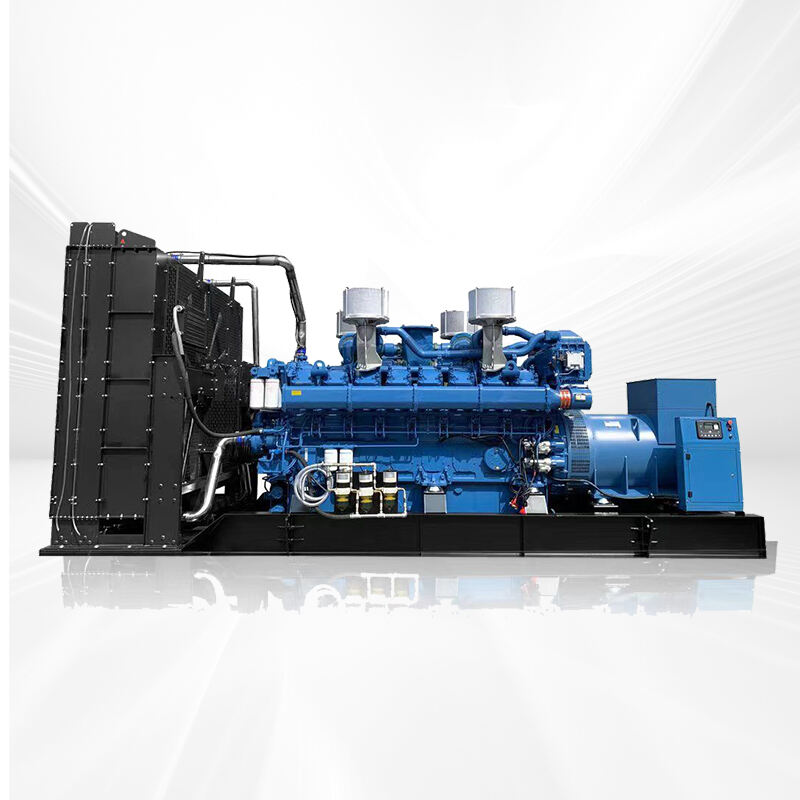
เมื่อเกิดไฟฟ้าดับหรือจำเป็นต้องมีแหล่งจ่ายไฟสำรองที่เชื่อถือได้สำหรับการดำเนินงานของธุรกิจ การเลือกโซลูชันเครื่องปั่นไฟดีเซลที่เหมาะสมสามารถสร้างความแตกต่างระหว่างการทำงานอย่างต่อเนื่องโดยไม่มีปัญหา กับการหยุดทำงานที่ก่อให้เกิดค่าใช้จ่ายสูง การตัดสินใจระหว่างเครื่องปั่นไฟแบบพกพาและ...
ดูเพิ่มเติม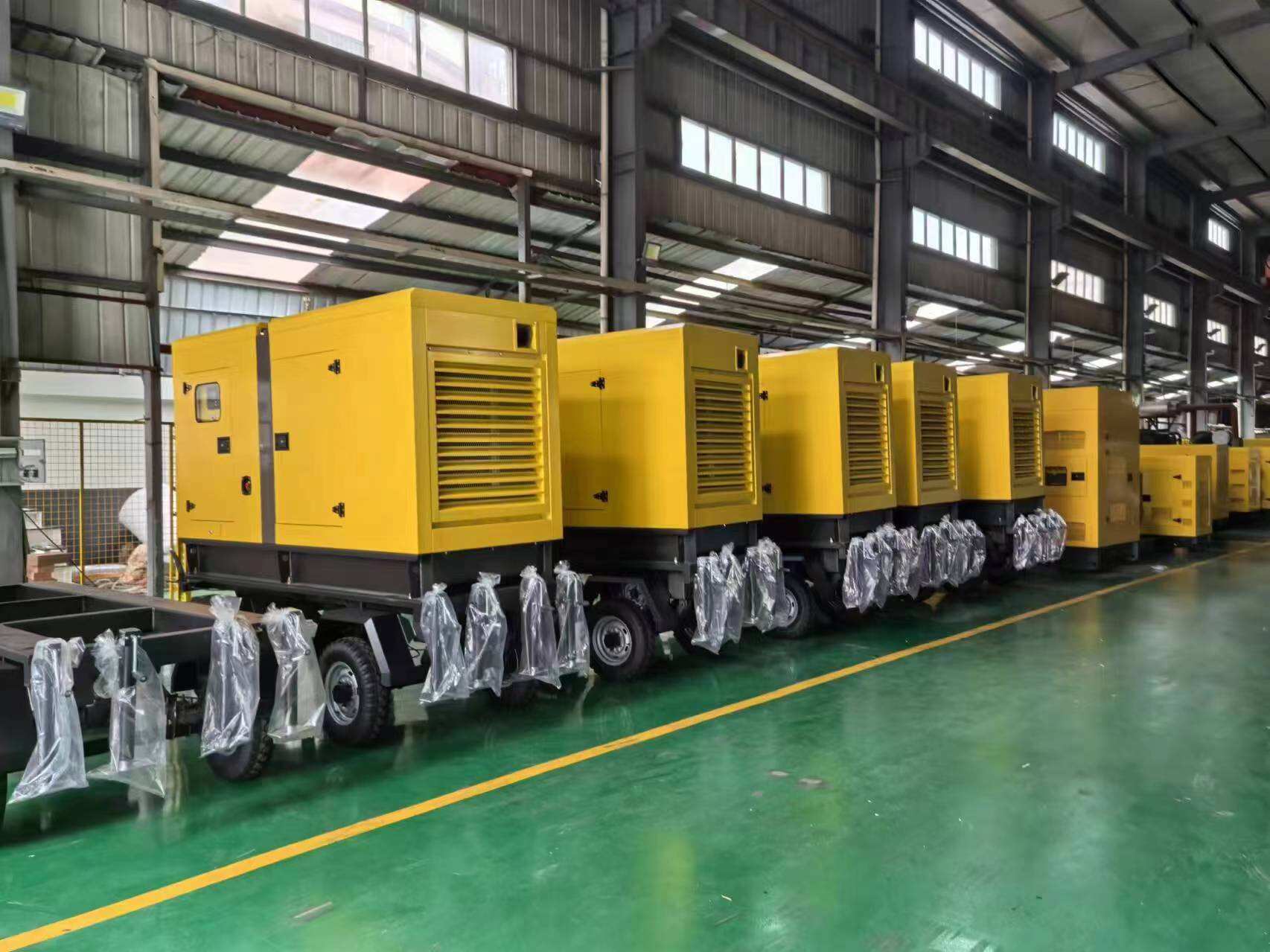
การบำรุงรักษากลุ่มเครื่องกำเนิดไฟฟ้าดีเซลอย่างสม่ำเสมอมีความสำคัญอย่างยิ่งต่อการรับประกันการผลิตไฟฟ้าที่เชื่อถือได้ และยืดอายุการใช้งานของอุปกรณ์ โรงงานอุตสาหกรรม โรงพยาบาล ศูนย์ข้อมูล และอาคารเชิงพาณิชย์ ต่างพึ่งพาเครื่องกำเนิดไฟฟ้าดีเซลที่ทนทานเหล่านี้...
ดูเพิ่มเติม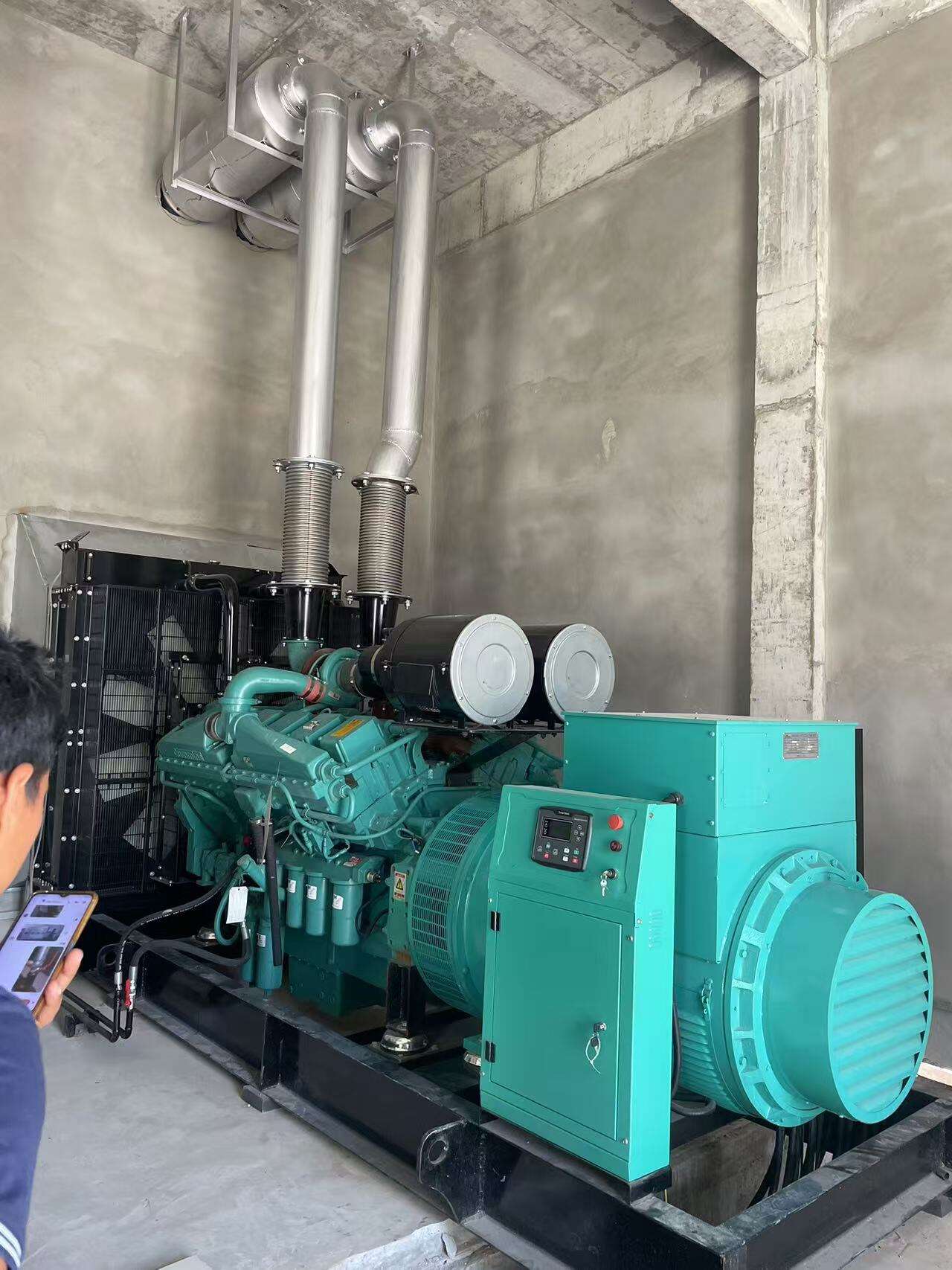
การดำเนินงานอุตสาหกรรมต้องการโซลูชันพลังงานที่เชื่อถือได้ ซึ่งสามารถส่งมอบประสิทธิภาพอย่างต่อเนื่องภายใต้สภาวะที่เข้มงวด เมื่อพิจารณาตัวเลือกการผลิตพลังงานสำหรับโรงงานผลิต ไซต์ก่อสร้าง หรือระบบสำรองฉุกเฉิน ควรพิจารณา...
ดูเพิ่มเติม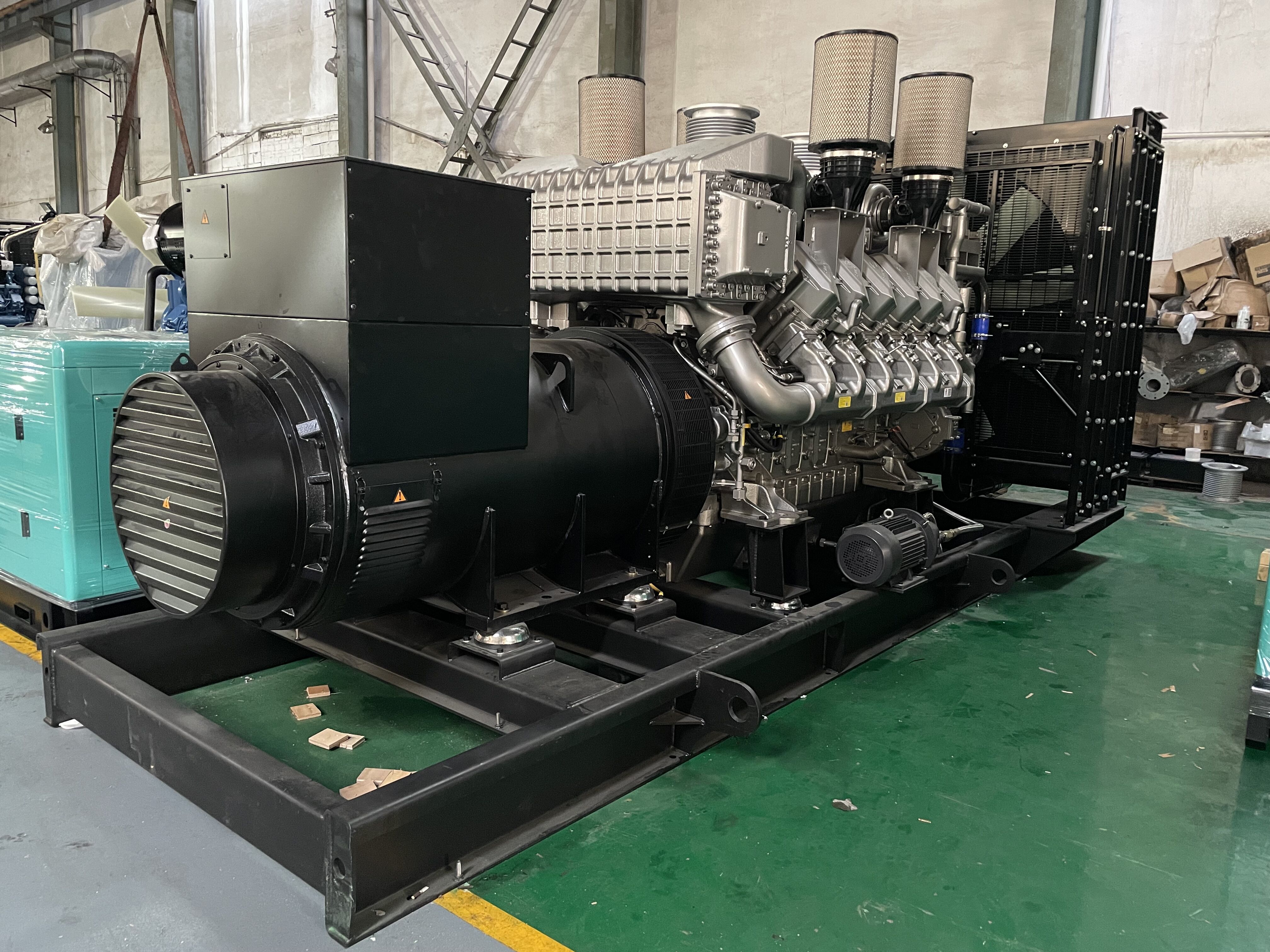
การดำเนินงานในภาคอุตสาหกรรม ไม่ว่าจะเป็นในภาคการผลิต ด้านสุขภาพ และภาคเชิงพาณิชย์ กำลังเผชิญกับแรงกดดันที่เพิ่มขึ้นในการลดต้นทุนด้านพลังงาน ขณะเดียวกันก็ต้องรักษาระบบจ่ายไฟที่มีความน่าเชื่อถือ เครื่องกำเนิดไฟฟ้าดีเซลจึงเป็นทางออกด้านพลังงานสำรองที่มีประสิทธิภาพ ซึ่งช่วยสร้างสมดุลระหว่างการดำเนินงาน...
ดูเพิ่มเติม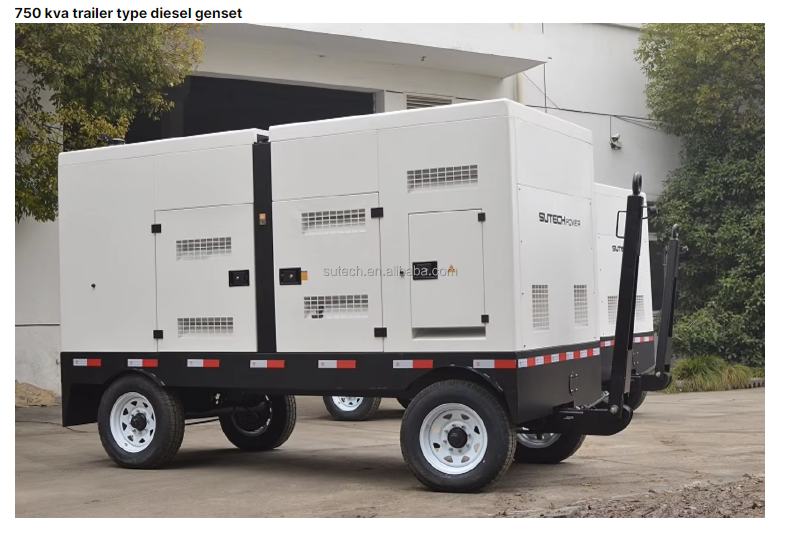
ภูมิทัศน์ของการผลิตพลังงานยังคงเปลี่ยนแปลงอย่างรวดเร็วขณะที่เราก้าวเข้าสู่ปี 2025 ซึ่งขับเคลื่อนโดยนวัตกรรมทางเทคโนโลยี การเปลี่ยนแปลงด้านกฎระเบียบ และความต้องการโซลูชันพลังงานที่เชื่อถือได้ที่เพิ่มสูงขึ้น ผู้เชี่ยวชาญในอุตสาหกรรมกำลังสังเกตเห็นการเปลี่ยนแปลงที่ไม่เคยมีมาก่อนในวิธีที่องค์กร...
ดูเพิ่มเติม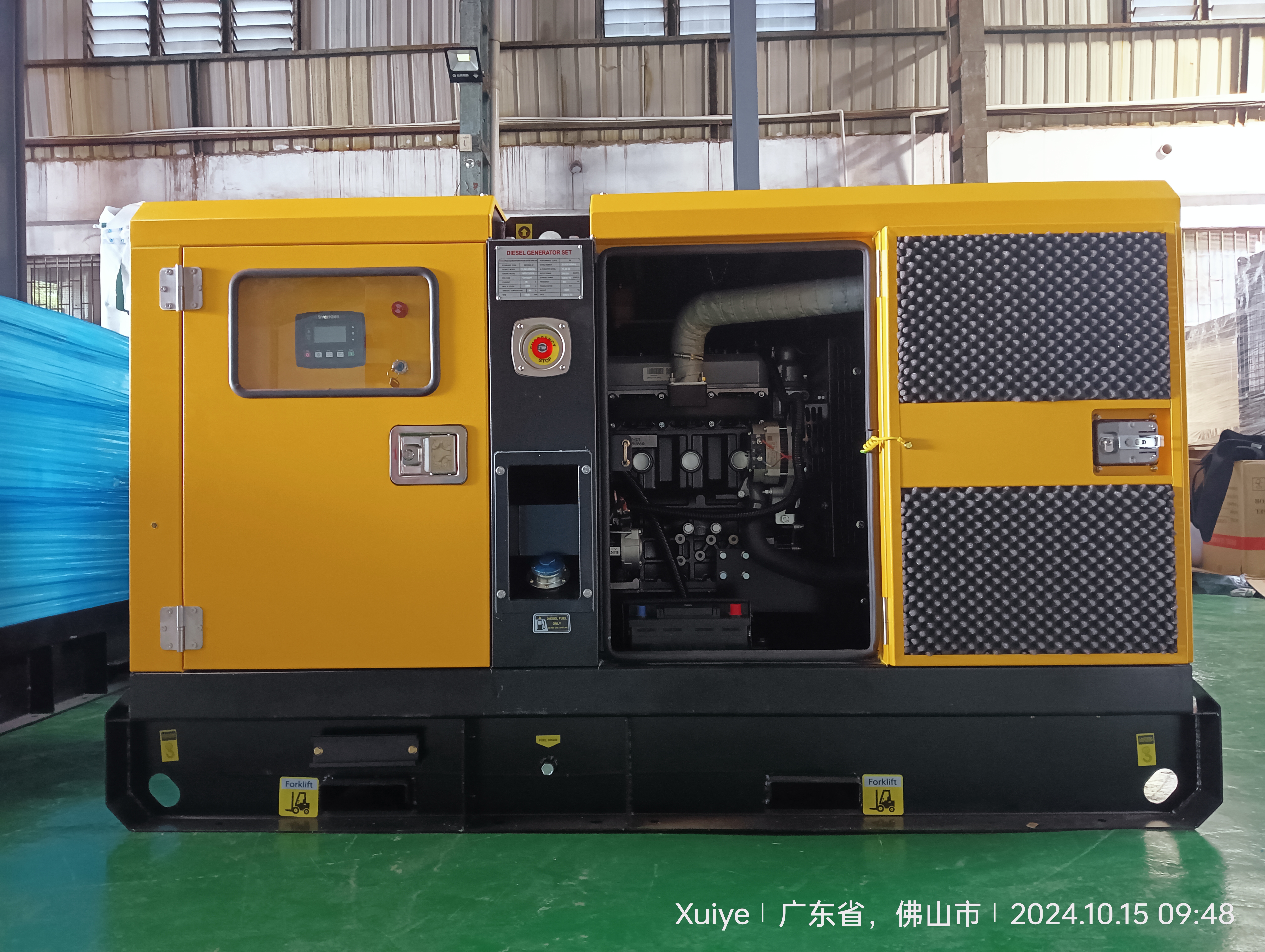
สถานประกอบการอุตสาหกรรมและธุรกิจเชิงพาณิชย์ทั่วโลกต่างพึ่งพาโซลูชันพลังงานสำรองที่เชื่อถือได้เพื่อรักษาการดำเนินงานที่สำคัญในช่วงที่ไฟฟ้าดับ หนึ่งในแบรนด์ที่ได้รับความไว้วางใจมากที่สุดในอุตสาหกรรมเครื่องปั่นไฟ เครื่องยนต์เพอร์กินส์ได้สร้างชื่อเสียงของตนเองในด้าน...
ดูเพิ่มเติม
การดำเนินงานในภาคอุตสาหกรรมต่างๆ พึ่งพาการผลิตพลังงานที่ต่อเนื่องและเชื่อถือได้อย่างมาก เพื่อรักษาระดับผลผลิตและประสิทธิภาพในการดำเนินงาน หนึ่งในผู้ผลิตชั้นนำของอุตสาหกรรมการผลิตพลังงาน เพอร์กินส์ได้สร้างตัวเองให้เป็น...
ดูเพิ่มเติม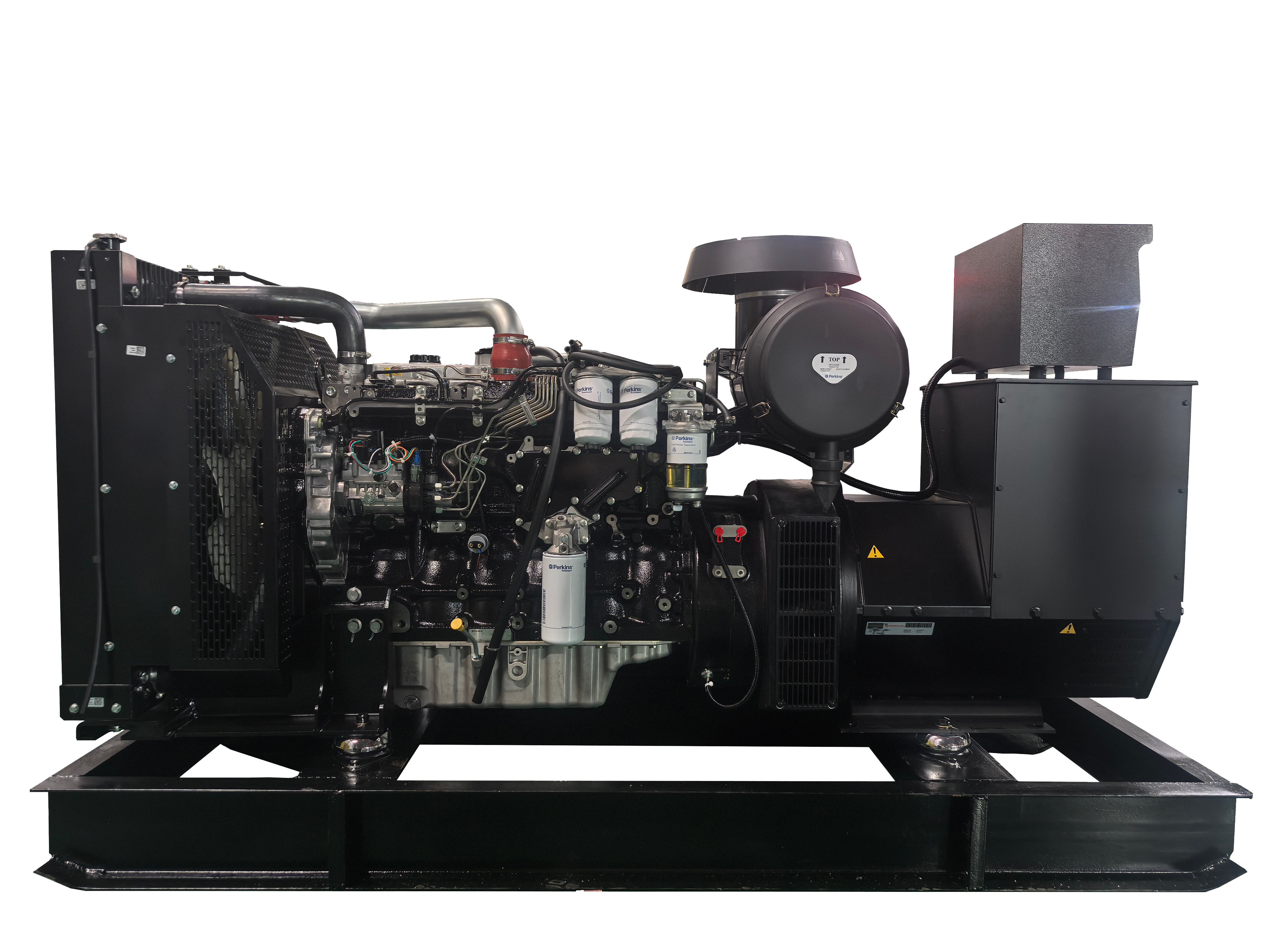
เมื่อเลือกโซลูชันพลังงานสำรองที่เชื่อถือได้สำหรับการใช้งานในภาคอุตสาหกรรมและการค้า แบรนด์เพียงไม่กี่แบรนด์ที่ได้รับความเคารพและไว้วางใจเท่ากับเครื่องปั่นไฟดีเซลของเพอร์กินส์ ซึ่งได้สร้างชื่อเสียงมานานหลายทศวรรษจากประสิทธิภาพที่พิสูจน์แล้ว ระบบผลิตพลังงานที่ทนทานเหล่านี้เป็นหัวใจสำคัญของ...
ดูเพิ่มเติม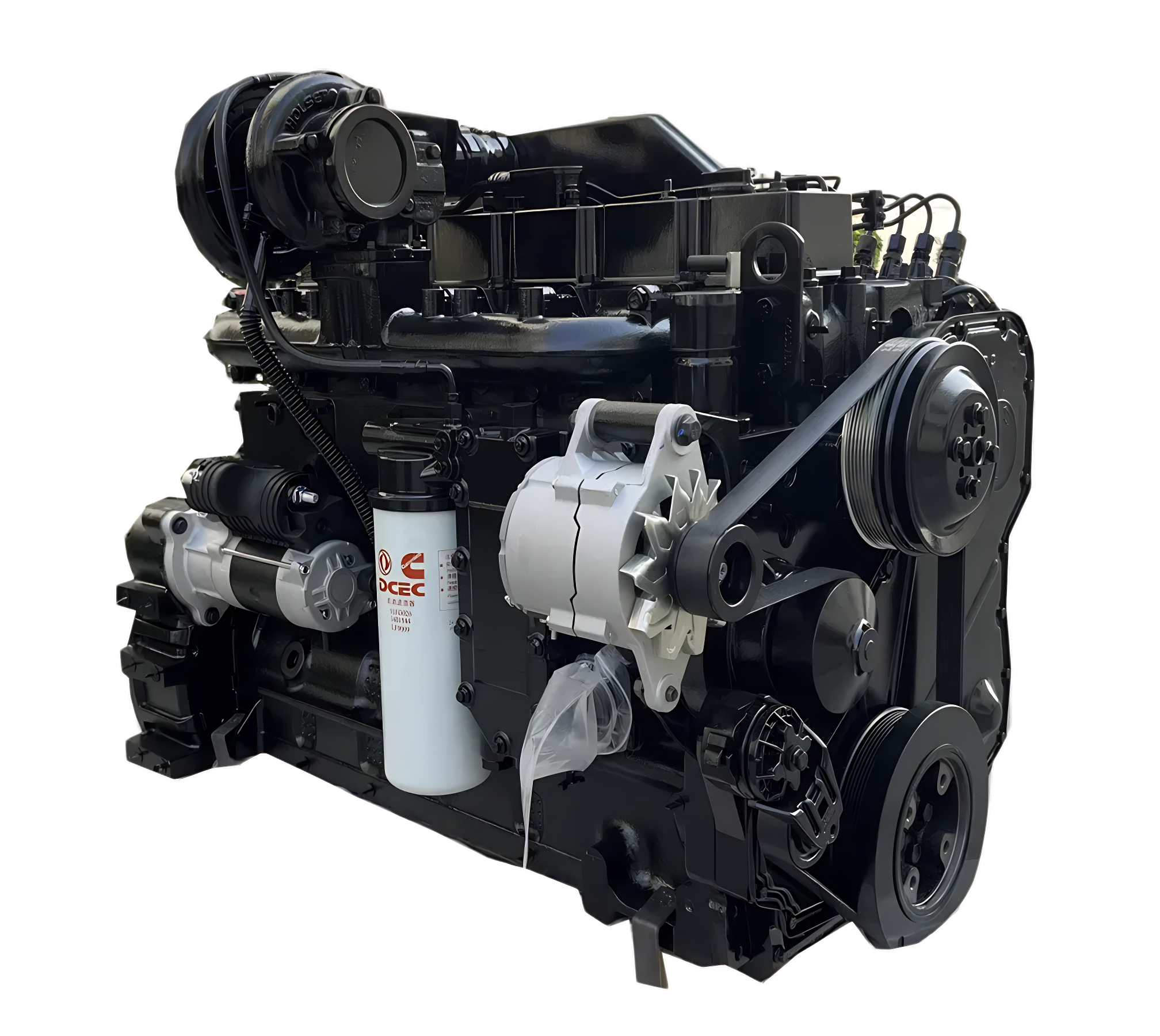
เมื่อพูดถึงการจ่ายพลังงานให้กับการทำงานที่จำเป็นในช่วงที่เกิดไฟฟ้าดับ หรือในพื้นที่ห่างไกล การเลือกเครื่องยนต์เครื่องปั่นไฟที่เหมาะสมจึงมีความสำคัญอย่างยิ่งสำหรับธุรกิจและอุตสาหกรรมทั่วโลก เครื่องยนต์เครื่องปั่นไฟที่เชื่อถือได้ทำหน้าที่เป็นหัวใจหลักของระบบผลิตไฟฟ้าทุกประเภท...
ดูเพิ่มเติม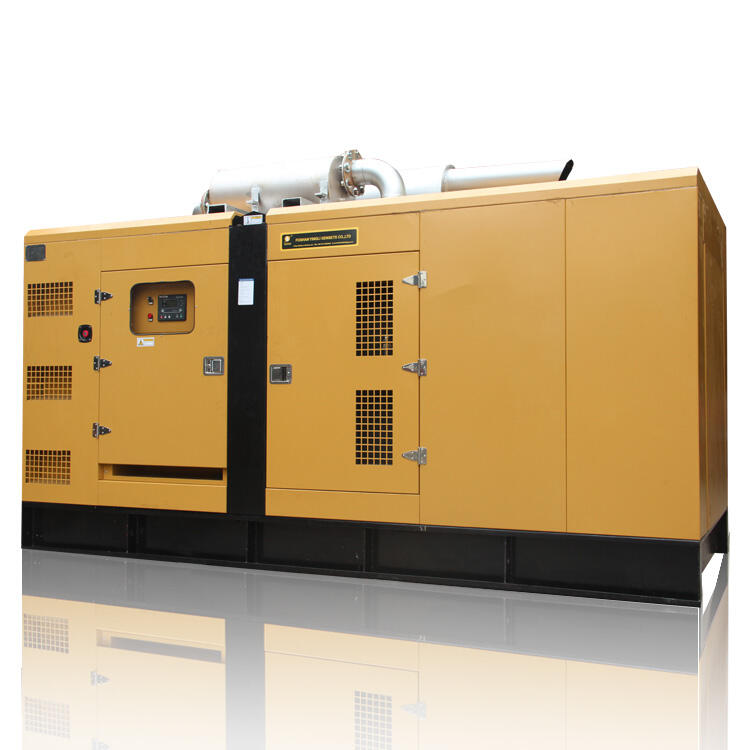
การเข้าใจโซลูชันการผลิตไฟฟ้าในยุคปัจจุบัน การค้นหาแหล่งพลังงานที่เชื่อถือได้มีความสำคัญมากขึ้นในโลกที่พึ่งพาพลังงานสูง ไม่ว่าคุณจะต้องการสำรองไฟฟ้าสำหรับบ้าน หรือมองหาทางเลือกพลังงานที่ยั่งยืน...
ดูเพิ่มเติม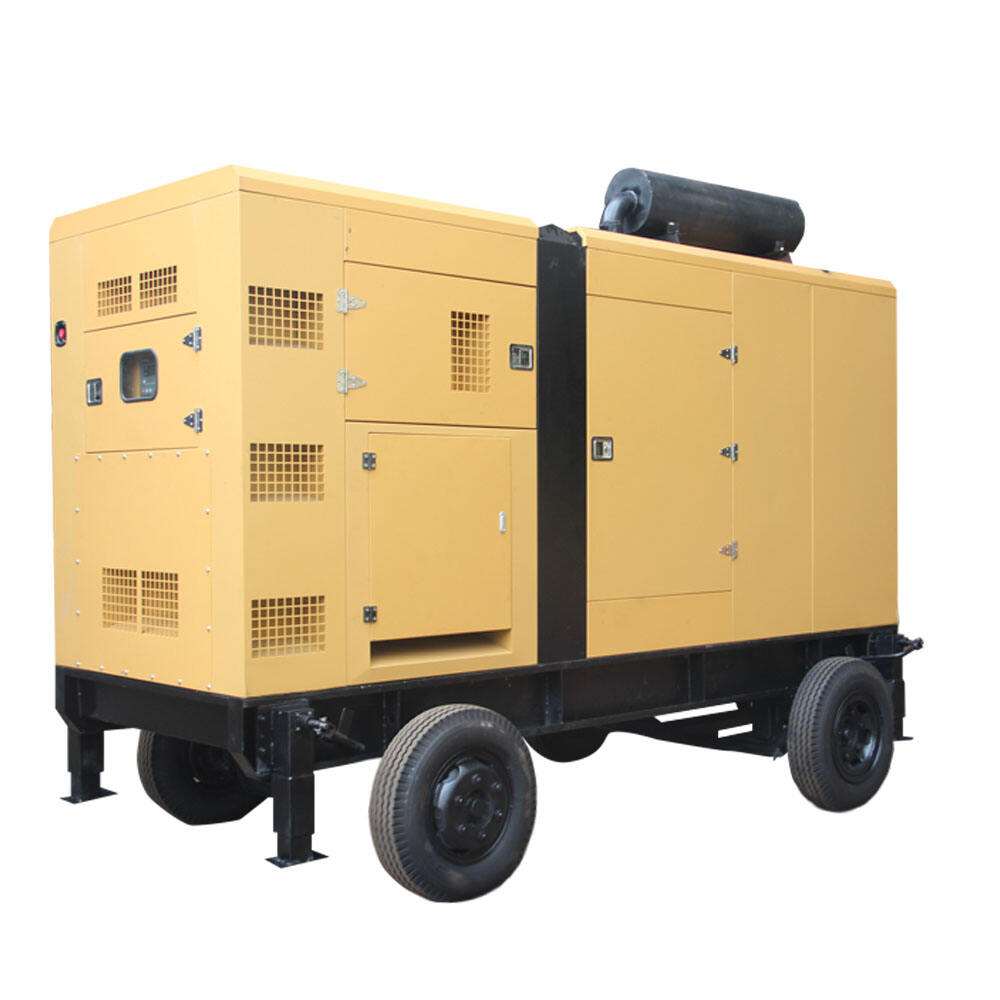
เพิ่มประสิทธิภาพของเครื่องปั่นไฟด้วยการบำรุงรักษาอย่างเหมาะสม เครื่องปั่นไฟที่เชื่อถือได้ถือเป็นหัวใจหลักของการเตรียมความพร้อมสำหรับเหตุฉุกเฉิน ไม่ว่าจะเป็นการปกป้องครอบครัวจากไฟฟ้าดับกะทันหัน หรือการรับประกันว่าธุรกิจ...
ดูเพิ่มเติม